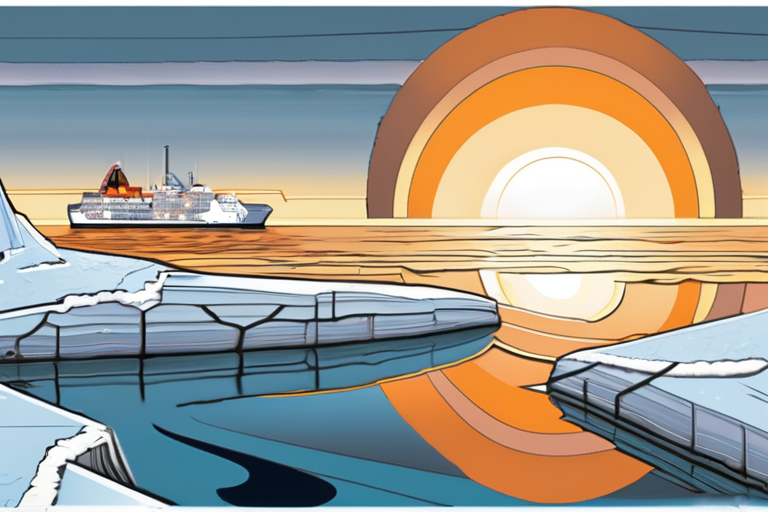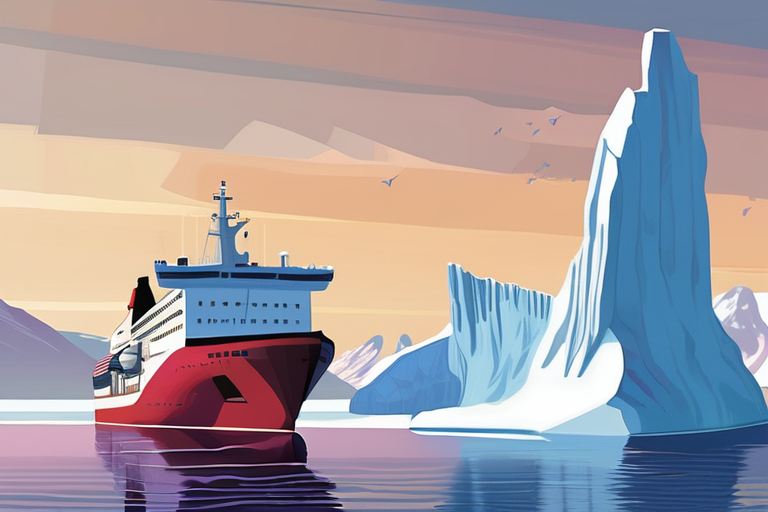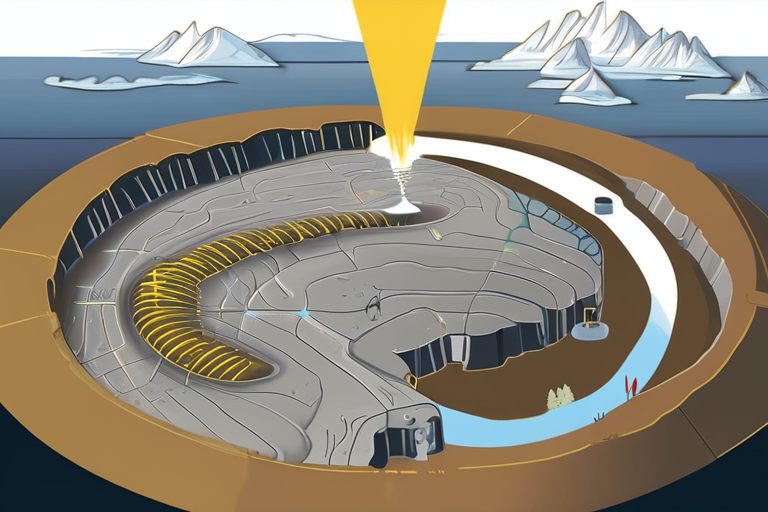Antarctica Slides into Climate Crisis: Scientists Detect "Tipping Point" of No Return


Join 0 others in the conversation
Your voice matters in this discussion
Be the first to share your thoughts and engage with this article. Your perspective matters!
Discover articles from our community

 Hoppi
Hoppi

 Hoppi
Hoppi

 Hoppi
Hoppi

 Hoppi
Hoppi

 Hoppi
Hoppi

 Hoppi
Hoppi

Satellites Confirm 1990s Sea-Level Predictions Were Shockingly Accurate September 6, 2025 - NEW ORLEANS, LA - A new study published …

Hoppi

Eric Schmidt's Foundation to Fund $45 Million Project to Explore Antarctic Ocean Carbon Sink In a significant move to advance …

Hoppi

Antarctica's Rapid Transformation Raises Concerns of Catastrophic Consequences A recent study published in the journal Nature has revealed a series …

Hoppi

French scientist Jean-Louis Étienne on the EREBUS expedition in Antarctica, August 2025.Abaca PressSIPA USAP Get your news from a source …

Hoppi

Scientists Can See Earth's Permafrost Thawing from Space, Raising Concerns for Arctic Communities A team of scientists has made a …

Hoppi

Satellites Confirm 1990s Sea-Level Predictions Were Shockingly Accurate MONTREAL, CANADA - SEPTEMBER 6, 2025 - A new study published in …

Hoppi